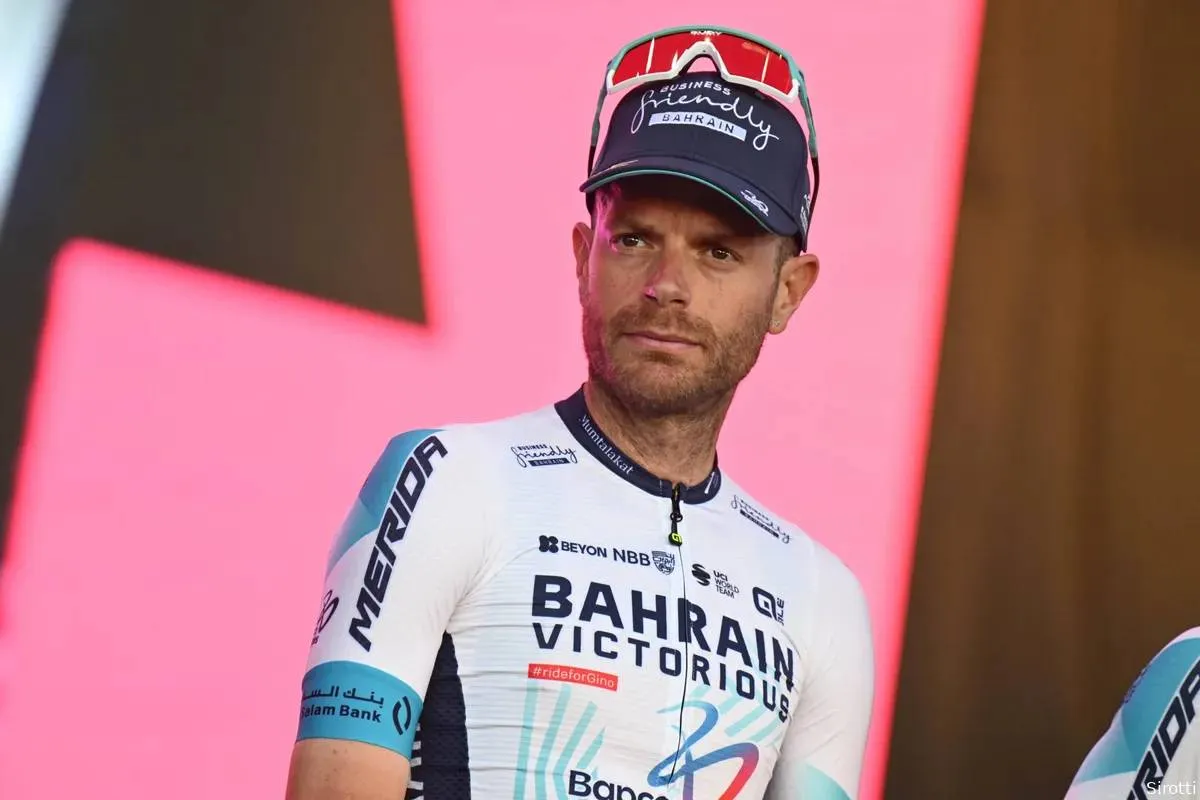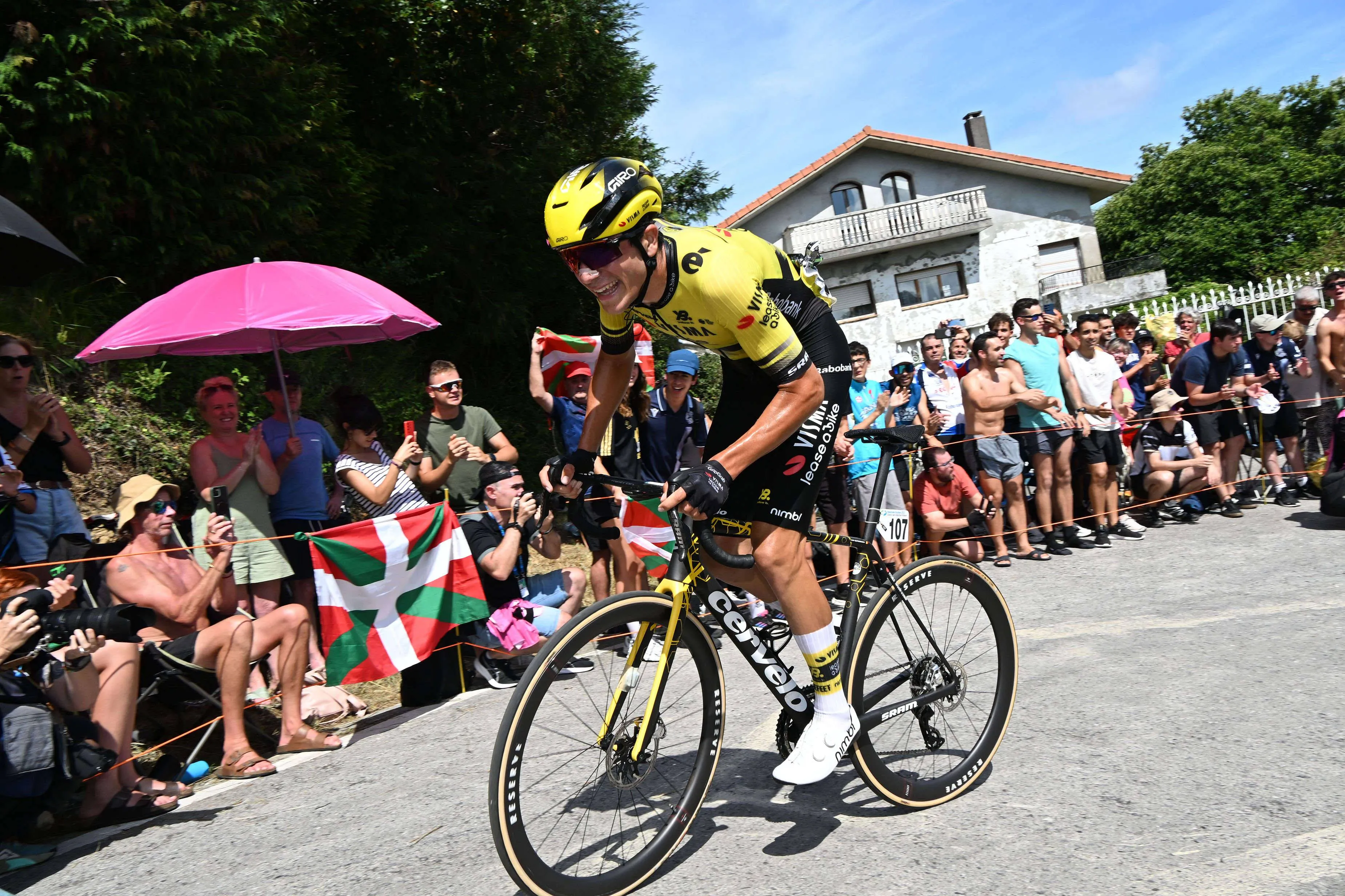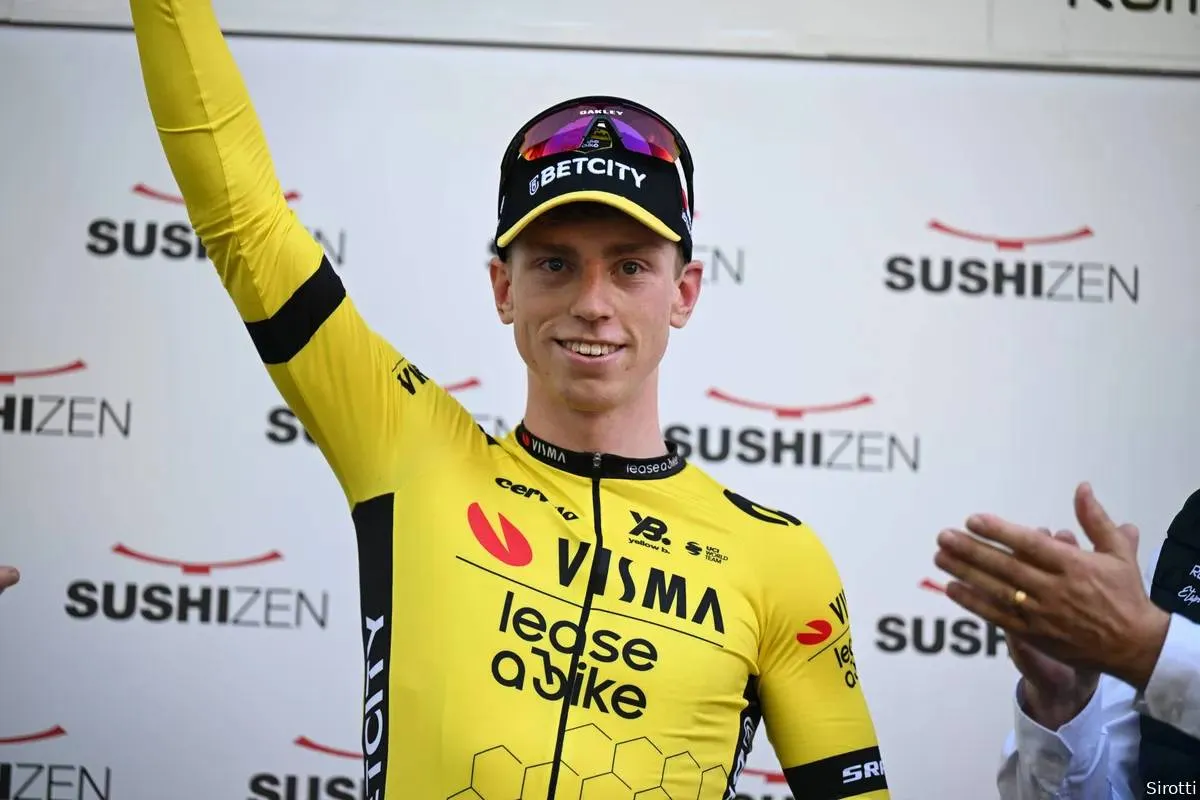Storer reveals Pogacar held back behind Arensman in Tour: "Wanted to keep the French on his side"
CyclingSaturday, 09 August 2025 at 08:04
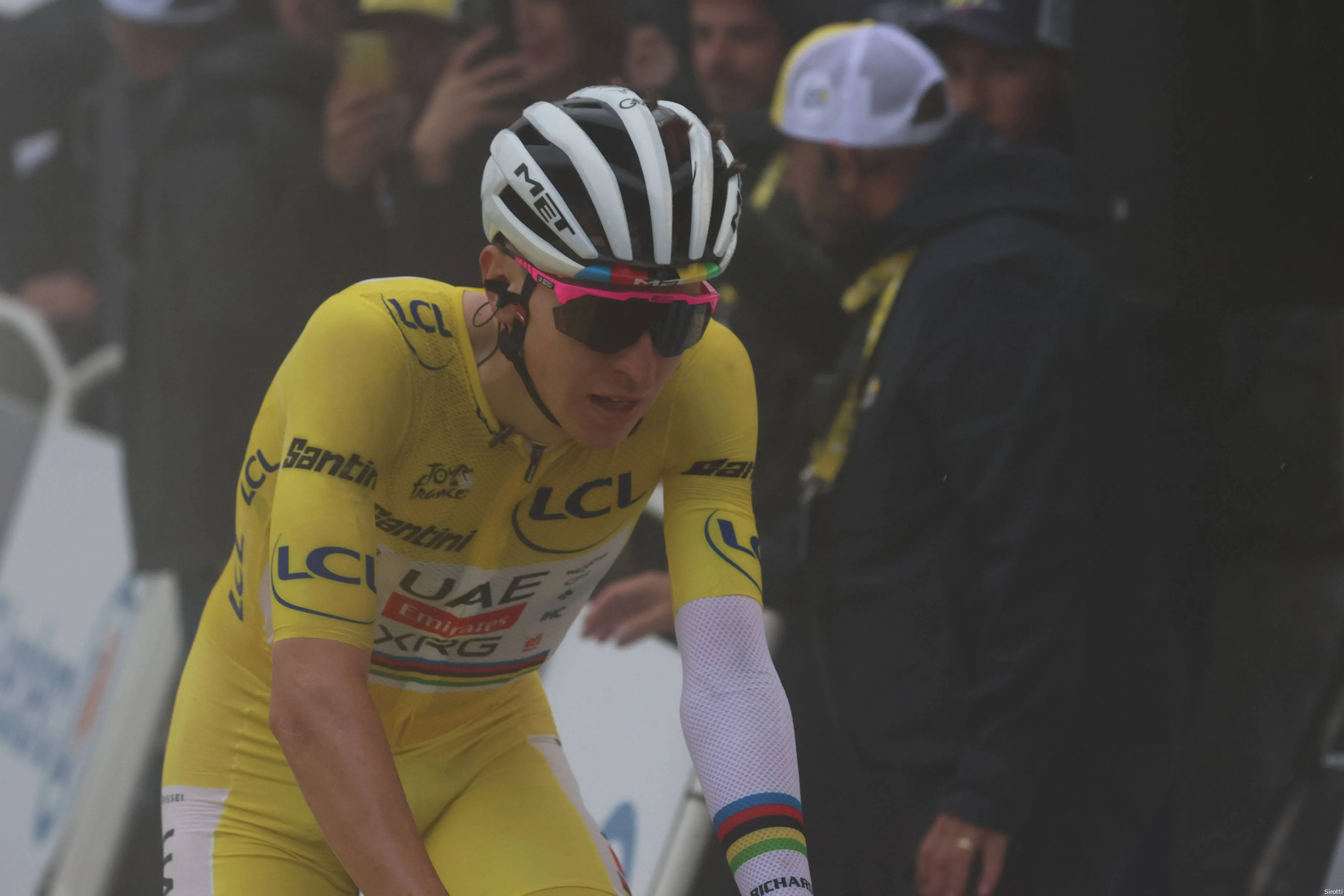
Tadej Pogacar won four stages in this year's Tour de France, two fewer than in the previous edition. It seemed that his batteries were running low in the Alps, and his dream of winning on the Champs-Elysées was shattered. But was there more to it than that? Michael Storer claims that the world champion held back at least once.
ADVERTISEMENT
Racing in the Tadej era is not only a lot tougher for his closest rivals. The breakaway riders also have increasingly little hope of a good outcome. Storer found himself in the long breakaway several times, but in the high mountains, he was unable to stay ahead. “Thymen Arensman has proven that you can beat him if you have a super good day and a small head start,” he remains positive in the Domestique Hotseat podcast.
“But usually there is acceptance, because you know you're not going to win,” said the Australian from Tudor. He saw Arensman win a second stage on top of La Plagne, and the Dutchman didn't even do that from a long breakaway. “Only he could beat Tadej that day. But it's strange, because I have insider information that there was at least one day when Tadej didn't want to win the stage.”
ADVERTISEMENT
Read more below the photo!
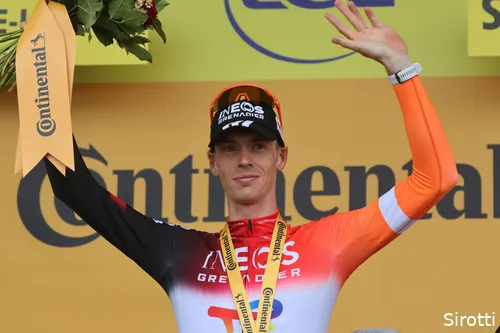
Did Arensman receive his first win as a gift from Pogacar?
"If you decide not to win, do it from the start of the stage and let the breakaway riders go"
ADVERTISEMENT
According to Storer, that was stage 14 to Superbagnères, Arensman's first victory. The Tudor climber doesn't think that what happened was very fair. “I find it strange that your team rides flat out all day, and then you decide not to go for the win on the final climb. The other times he might have had the legs, but in that one stage, he had told his teammates that he didn't want to go for it. If you decide not to win, do it from the start of the stage and let the breakaway riders go. Don't burn your team," said the attacking rider.
Why did Pogacar ultimately choose that day not to go for the win? Resentment from the crowd, it seems. “There were boos from the French fans. The team then decided it was better that he didn't win, to keep the French on their side. They carried that through to the last week: they didn't want to take everything.” Last year, there was already criticism of the Slovenian superstar.
On top of that, the life of an attacking rider has not become any easier. The Tour de France had a blistering average speed, partly thanks to the fast first hours when the breakaway riders had to do their utmost to get away. “In the Tour, it was really about forcing the breakaway. It wasn't as if the peloton let you go; they had no choice. That made the racing extremely tough,” concludes Storer, who sees the classic breakaways resurfacing in the Vuelta a España “with gaps of 10 minutes.”
Read also
IDL-productions
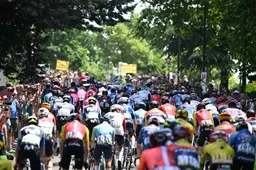
Vacancy: Growth Editor IDL Procycling - (native) English
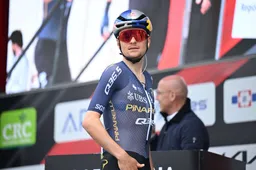
Preview Clasica Jaén 2026 | Pidcock and company set for Spanish gravel and mud
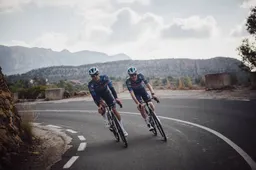
New coach ‘200% convinced’ that ‘V8 engine’ Van Baarle can go toe-to-toe with Van der Poel and Pogacar
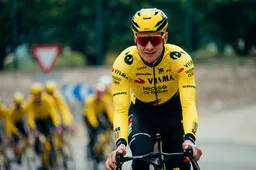
Wilco Kelderman backs Visma culture and Vingegaard’s choices: “I can switch off — he can’t”
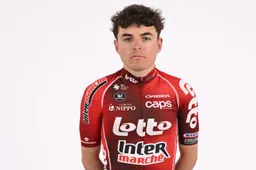
The future Grand Tour man? Jarno Widar would rather take on Pogacar and the rest somewhere else
Latest Cycling News

Vacancy: Growth Editor IDL Procycling - (native) English
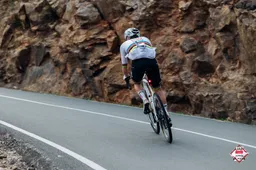
UAE manager warns rivals about an even better Tadej Pogačar, and Strava numbers seem to back it up
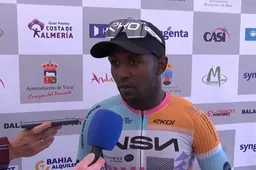
“I’ve honestly never had a lead-out like that,” Girmay beams after another sprint win
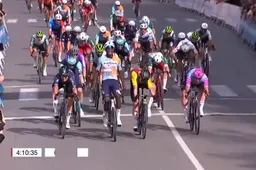
Unibet Rose Rockets see Groenewegen miss out again in elite sprint against Girmay
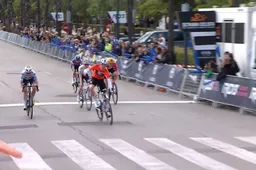
Vollering puts the cherry on top with dominant Valencia finale after superb sprint
Popular Cycling News
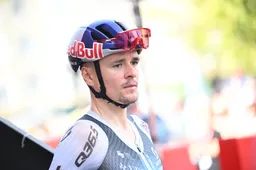
Tom Pidcock resigned: “UAE rode the perfect race”
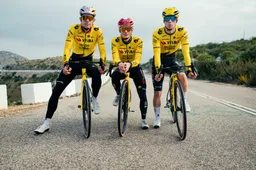
Vingegaard in a Classic, Van Aert as sports director? Visma | Lease a Bike deliver a brilliant new video
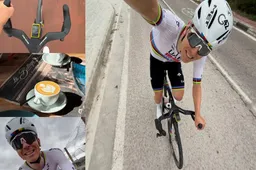
Even on a coffee ride, Tadej Pogačar is putting out outrageous power numbers

UAE manager warns rivals about an even better Tadej Pogačar, and Strava numbers seem to back it up

Wilco Kelderman backs Visma culture and Vingegaard’s choices: “I can switch off — he can’t”
Latest Comments
- They were close to cracking a very tired Tadej that wasn't fully focused on the TdF with a team of riders focused solely on cracking Tadej. And if they cracked him, he would have still won. Tadej won't be racing the giro this year. It'll be an even easier win for him.Veganpotter09-02-2026
- Nice!Bea22-01-2026
- Those events are mental rest for him. Fun, without expectations. *Sagan lost his abilities because he gained weight and got lazy. Pogi will likely retire before that has a chance at happening.Veganpotter14-12-2025
- Ah, the consequences of riding for Israel.Veganpotter11-12-2025
- Pidcock could follow everyone but Pogi while finishing 3rd. No second place rider this season😃Veganpotter16-11-2025
- Now the Palestinian protestors can stop their whining. Trump came to the rescue. So they can now STFU and go back to waving the rainbow flags.raufus15-10-2025
- Cracked the code lol. If it was that easy to 'crack the code' jonny Vegas would be charging up the Kwaremont giving Pog a dose of his medicine. Evenepoel can't match pog on a climb and neither can mvdp. Anything with a half difficult climb and Pog smashes the field. Even on flat(ish)parcours like Roubaix it came down to a mistake and crash by pog to definitively crown mvdp. MSR is the only one that Pog probably won't win.kevpt10-10-2025
- We've seen this movie before. I think Pogacar is doping.DeadBlow10-10-2025
- 👍Bea08-10-2025
- 👌🏻Bea08-10-2025
Loading
